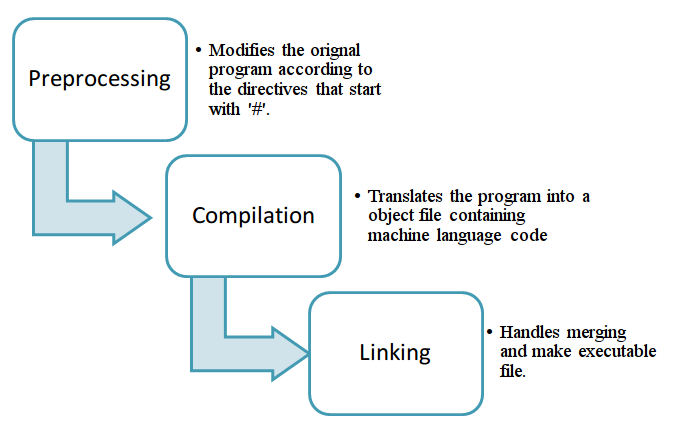Boost 1.55.0 released!
 Release 1.55.0 of the Boost C++ Libraries is now available:
Release 1.55.0 of the Boost C++ Libraries is now available:
Boost Version 1.55.0
These open-source libraries work well with the C++ Standard Library, and are usable across a broad spectrum of applications. The Boost license encourages both commercial and non-commercial use.
This release contains one new library and numerous enhancements and bug fixes for existing libraries.
New libraries:
- Predef: This library defines a set of compiler, architecture, operating system, library, and other version numbers from the information it can gather of C, C++, Objective C, and Objective C++ predefined macros or those defined in generally available headers, from Rene Rivera.

 Trust Eric Niebler to deliver the goods -- when it comes to insightful discussion, cool code, and shameless puns:
Trust Eric Niebler to deliver the goods -- when it comes to insightful discussion, cool code, and shameless puns: Do you know a beginner who'd like to learn C++? Or even just learn how to program... using C++?
Do you know a beginner who'd like to learn C++? Or even just learn how to program... using C++? A few hours ago,
A few hours ago,  A nice short overview of when you might want your associative container to use a contiguous implementation instead of a tree under the covers:
A nice short overview of when you might want your associative container to use a contiguous implementation instead of a tree under the covers: An interesting question was asked recently on StackOverflow that nicely ties in with Scott Meyers' "Effective C++11/14 Sampler" talk two months ago at GoingNative 2013 and the interestingly named feature
An interesting question was asked recently on StackOverflow that nicely ties in with Scott Meyers' "Effective C++11/14 Sampler" talk two months ago at GoingNative 2013 and the interestingly named feature  Life'n'gadget just published a nice overview of the basic C++ compilation model, useful for people who are new to programming in C++.
Life'n'gadget just published a nice overview of the basic C++ compilation model, useful for people who are new to programming in C++.